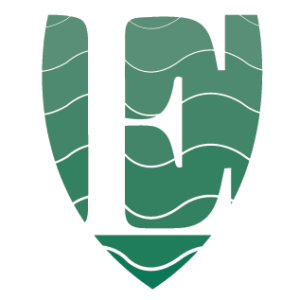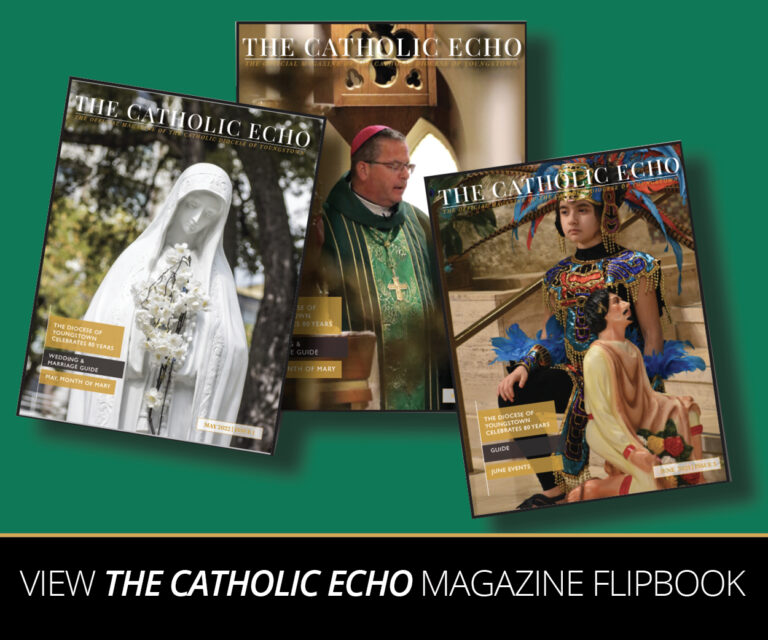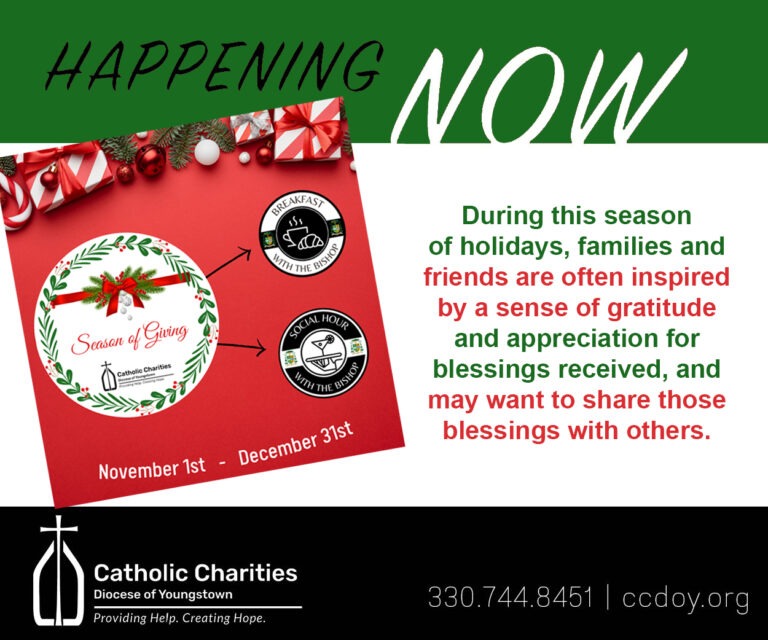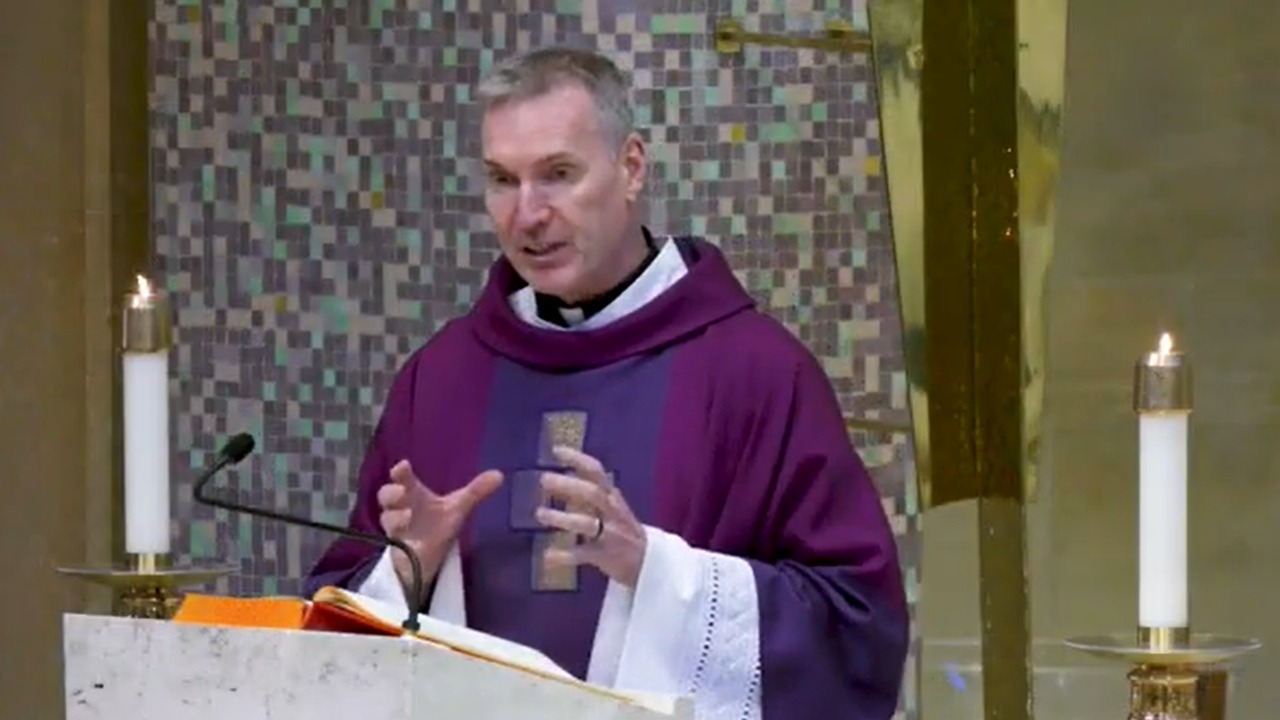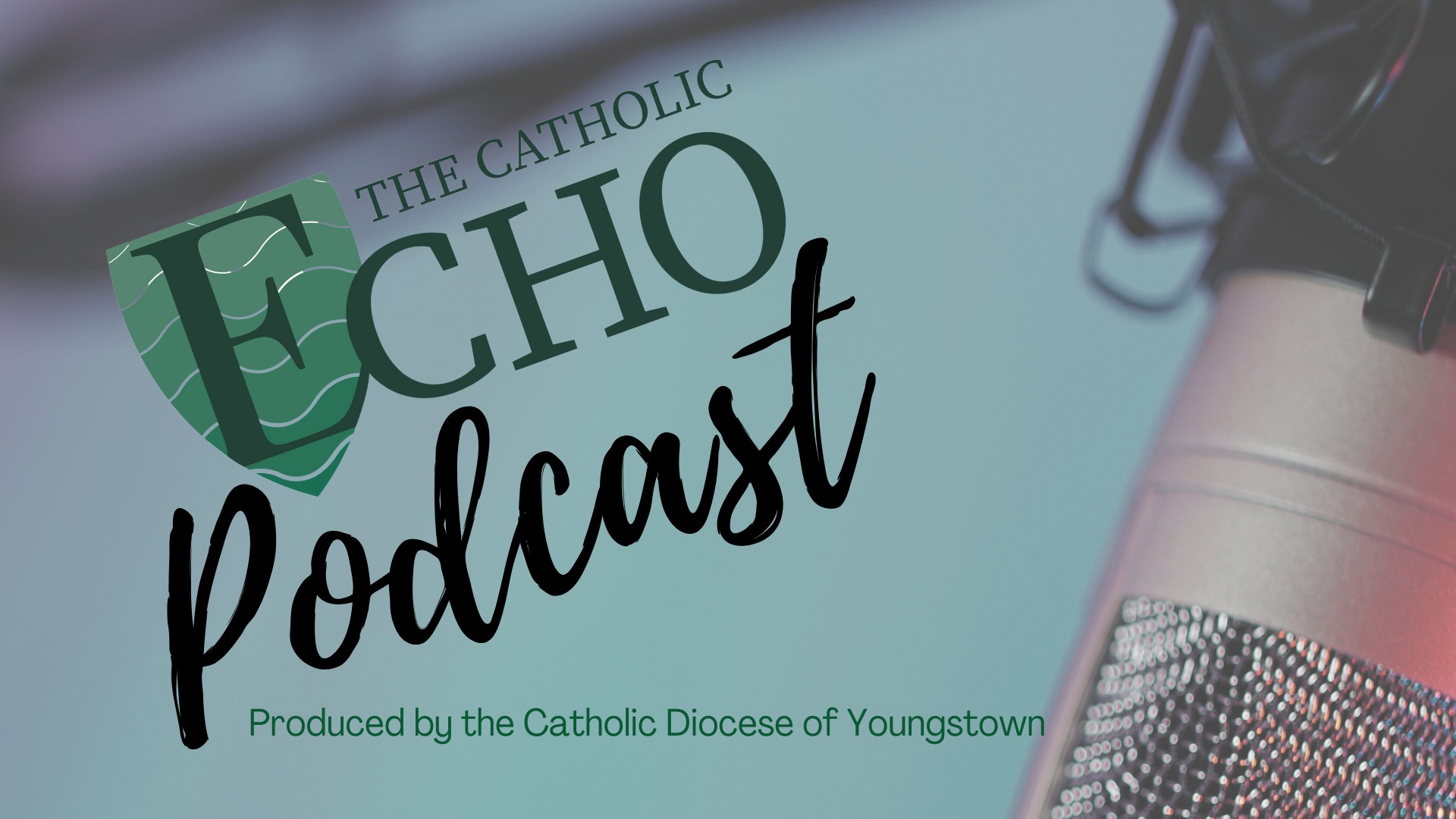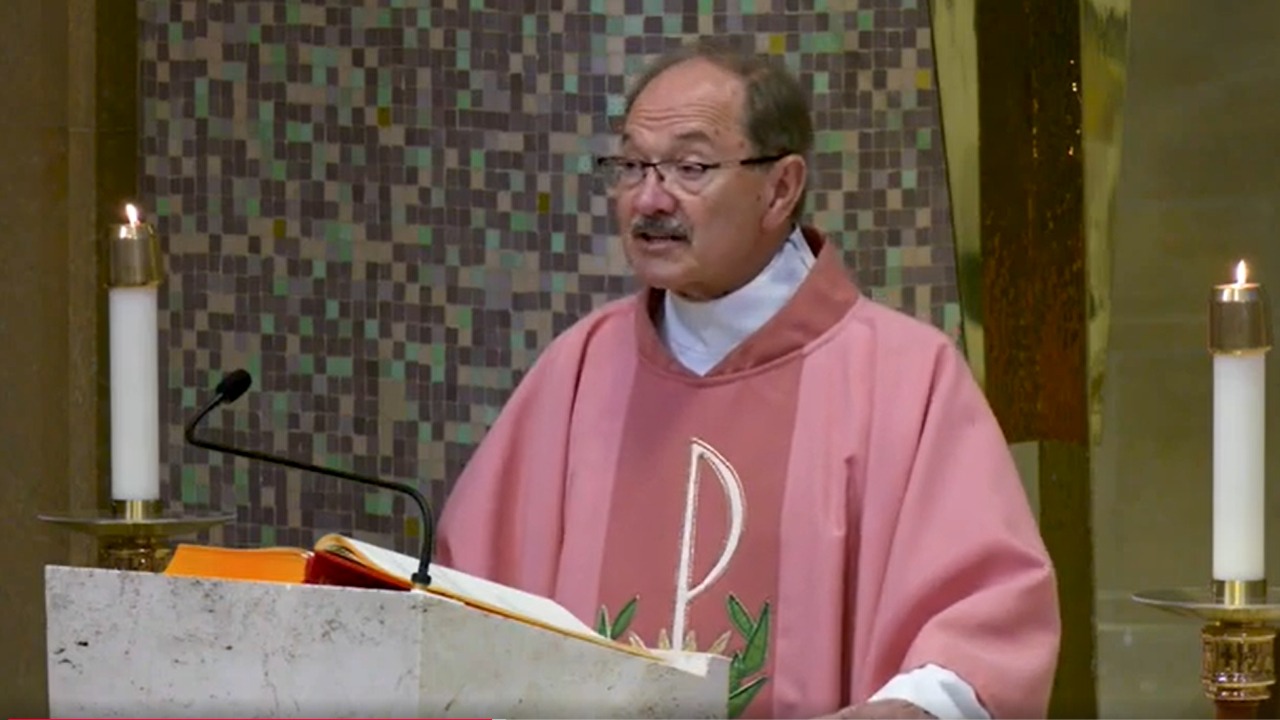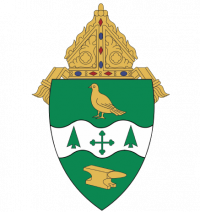The anticipation was palpable at Immaculate Conception Church in Ravenna on Wednesday, November 15, as 15 parishioners from around the diocese were formally commissioned as lay leaders of prayer.
“I’m actually really excited,” said Alicia Chiappini, a new lay leader of prayer from Christ the Servant Parish in Canton. “I’ll be able to [lead] Stations of the Cross during Lent. My pastor has already said … ‘we’re getting you on the schedule to lead the rosary’ … so I’m excited.”
The commissioning was presided over by Father Michael Balash, director of the lay leader of prayer program, with music provided Ralph Holtzhauser, diocesan music director. Both Holtzhauser and Father Balash also led the eight-week formation program that was required for the participants.
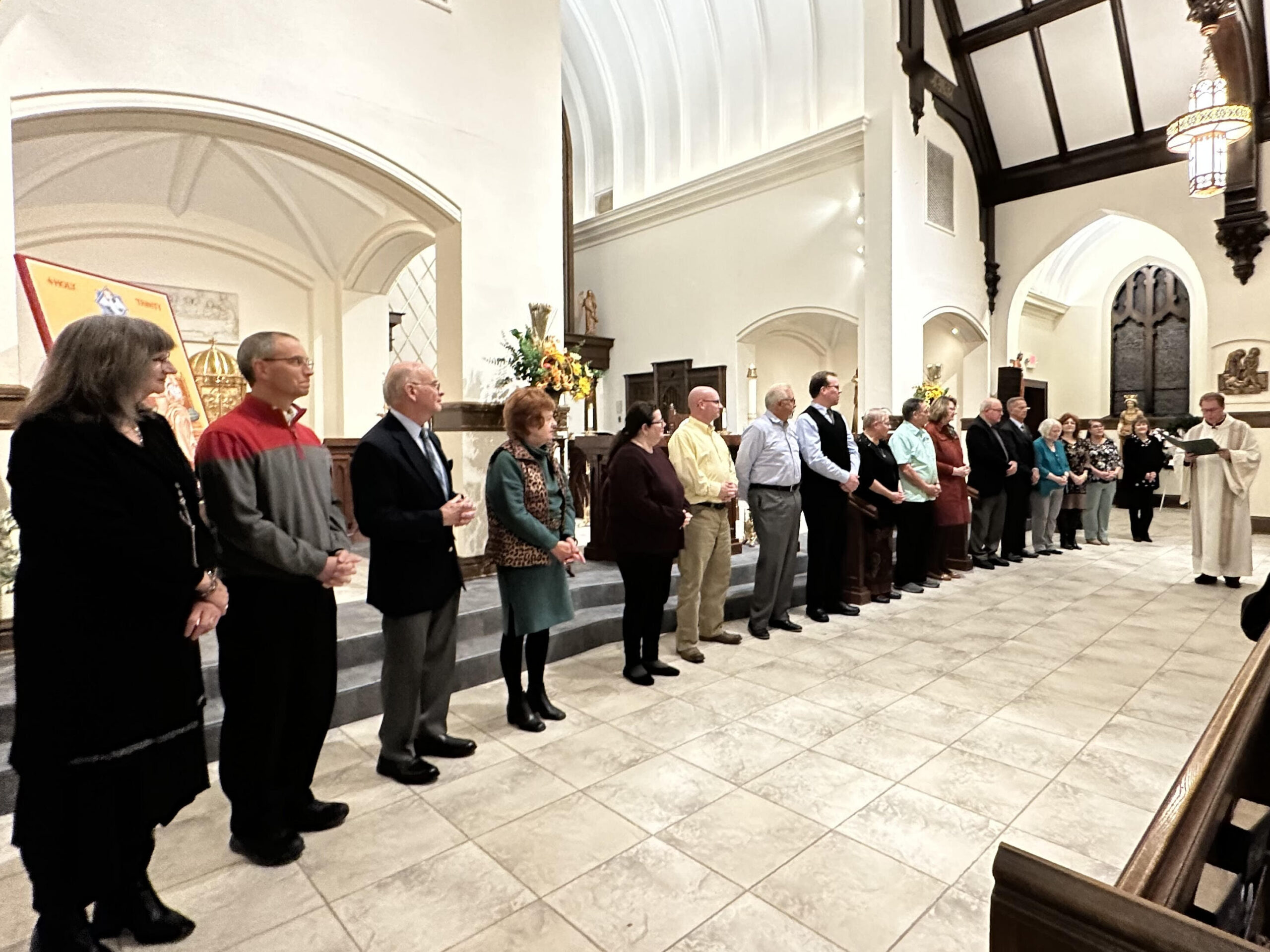
Lay leaders of prayer are parishioners who are selected by their pastors to leads prayer and acts of worship in their community. While they are not a replacement for a priest, they can lead services such as morning and evening prayers, the Liturgy of the Word (with or without the distribution of Holy Communion), and the Stations of the Cross, among other things.
Before they can lead their fellow parishioners, however, they must undergo a formation program.
“This program has been in existence for over twenty years,” said Father Balash. “The program came about with the realization that as there are going to be fewer and fewer priests available, there should be an opportunity for the community to … gather and pray.”
The Diocese of Youngstown has been a pioneer in the formation and use of lay leaders of prayer—in fact, Youngstown was the first diocese in the United States to formalize the formation process, and its formation course is now used by many other dioceses around the country.
“The lay leader of prayer formation sessions were created to ensure that those who were leading the service were doing so in a proper, and reverent, and dignified way,” Father Balash continued.
For Chiappini, this is her second time through the process. Lay leaders are commissioned to serve under their pastor’s approval for a period of three years. If they do not renew their commission within that period, then they must go through the formation process again.
She said that in the nearly two decades since she first went through the process, the program has become “more in-depth,” which makes her feel more confident leading prayer.
“There’s this complete program that we put together that has music and readings … this is more saying concretely ‘this is the way it’s supposed to be,’” Chiappini said.
In his reflection, Father Balash praised the dedication displayed by these parishioners and their families over the preceding weeks, and reiterated just what a valuable and generous ministry they are providing to the whole church.

“In recent times, we’ve become painfully aware of the uncertainties and ambiguities that parish communities are facing, with declining attendance, reduced resources, changing ministries. They’ve all pushed us into unchartered areas of parish life as we know it,” he said. “Appropriately in this season of harvest and thanksgiving, we give thanks tonight for these new leaders of prayer for their pledge, their desire, their devotion to serve the Church and their parish in this new and vital ministry. May God’s blessings be with them as they embark on this new ministry in service of the Church.”
After two months of intense preparation, training and prayer, the lay leaders were called up to the sanctuary by Father Balash for a blessing and commitment.
“Are you resolved to undertake this office which is entrusted to you in order to serve and strengthen your brothers and sisters in Christ?” Father Balash asked them.
“I am,” they said.
“Are you resolved to devote yourself to the service of the members of your parish, and to conform your own life to the sacrifice to Jesus Christ?”
“I am,” they answered once more.
With their commitments affirmed, Father Balash commissioned them. And just like that, they were officially lay leaders of prayer in the Diocese of Youngstown.
The crowd applauded their husbands, wives, children, parents and friends on their new ministry. The lay leaders were—as could be plainly seen—very honored. But more than anything, their desire to begin serving immediately was palpable.
“I would encourage anybody that [has] any interest in serving their parish more. This is a really, really special program to get in with Father Balash … he gives you confidence,” said Terry George, another new lay leader from St. Patrick Parish in Leetonia. “[It brought] an even deeper appreciation for the liturgy, and good liturgy, good prayer … In a community, when [prayer] is done well, it draws everybody together.”
After the commissioning, Father Balash said that the expansion of lay leadership brings “a continuation of the empowerment of the laity that has been called for by the second Vatican council.”
“In the Constitution of the Sacred Liturgy, which is the first document of the second Vatican council, the council Fathers very emphatically said that—under the guidance of the Holy Spirit—every person is called to full, active, conscious participation in the spirit of the liturgy, and this is one of the ways in which that’s enacted,” he said.
In the face of declining vocations to the priesthood, lay leaders of prayer will be an important piece of how the Church can continue to serve the faithful—and can even help expand opportunities for worship.

If you are interested in becoming a lay leader of prayer, consider speaking to your parish pastor about joining the 2024 class. You can also find more information about it here.
